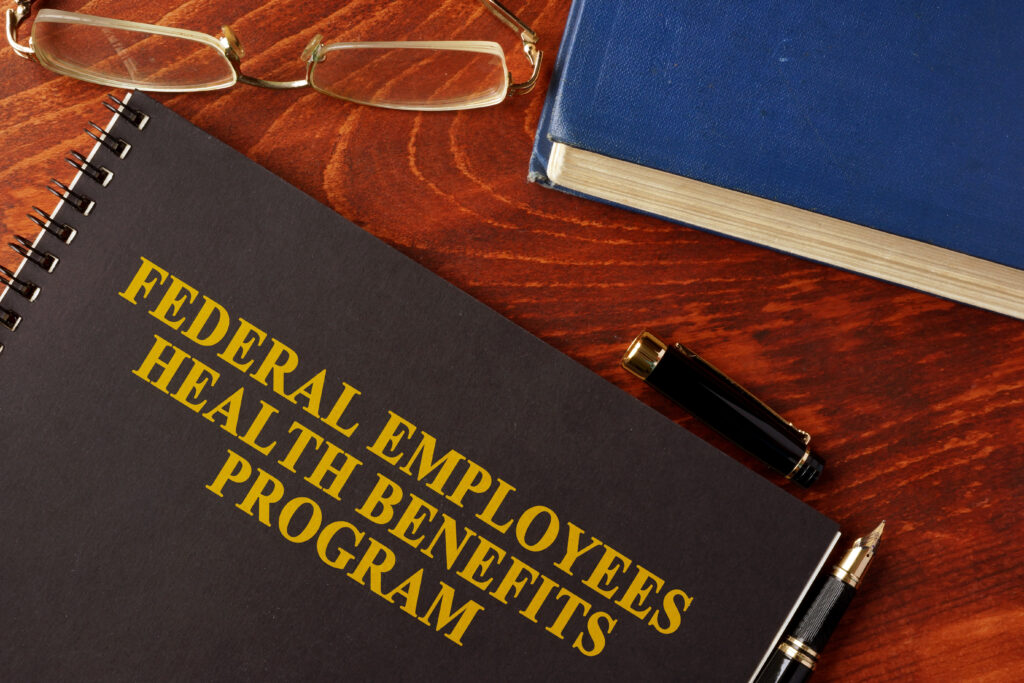Recent $202 Million FCA Settlement a Reminder That Kickback Schemes Can Result in Patient Harm
$202 Million FCA Settlement a Reminder That Kickback Schemes Can Result in Patient Harm
Kickback schemes are among the most prevalent types of fraud in the federal healthcare system. However, compared to other types of fraud, the harm done by such schemes is not always as intuitive.
If a doctor bills Medicare for one-hour visits but only performs half-hour visits, the government is obviously being overbilled. And if a hospital provides cancer treatments that a patient doesn’t need just because of the high reimbursement rate, the harm to both the government and the patient is similarly obvious. In contrast, in a kickback case, a patient may be receiving necessary care that the government has no objection to reimbursing. So what if the provider paid a kickback to get the patient referred in the first place? What really is the harm?
A recent $202 million settlement out of the Southern District of New York provides a good reminder of what that alleged harm can look like. As alleged in that case, pharmaceutical manufacturer Gilead Sciences, Inc., made significant kickback payments in the form of honoraria, meals, and travel expenses to practitioners who spoke at or attended Gilead speaker events in order to induce them to prescribe Gilead-produced HIV Drugs. The whistleblower’s complaint further alleged that these kickbacks targeted doctors with the goal of switching HIV patients in their care from established, successful drug regimens to newer and more expensive drugs with potentially dangerous side effects. As a result, the alleged kickback scheme not only led to higher costs for federal and state health care programs and the undermining of independent medical judgment, it also risked the health and well-being of HIV/AIDS patients.
Not every set of kickback allegations involves such clear and obvious harm to the taxpayer and such risk to the patient. But settlements such as these are a good reminder of the critical role the Anti-Kickback Statute plays in fighting fraud and ensuring that medical providers make decisions based on their patients’ best interests rather than their own financial well-being.
For the government’s press release on this settlement, see here.




